Seminar on “Mangrove Carbon Measurement – Opportunities and Challenges – The Case of Vinh Chau Mangrove Forest”
11 tháng 11, 2024The research was conducted by the Institute of Forest Ecology and Environment, VNUF, as part of the project "Enhancing Climate Change Resilience of Coastal Communities in the Mekong Delta – Phase 1," funded by Bread for the World (BftW).
Journalist Ta Viet Anh, President of the Advisory Board of the Vietnam Social Welfare Program and Project Fund (AFV), opened the session.
Group photo of the participants
Opportunities in Carbon Measurement at Mangrove Forests
In the context of rapid climate change, mangrove forests have been recognized as one of the most important ecosystems for carbon sequestration and climate regulation. With the ability to store carbon at much higher levels than terrestrial forests, mangrove forests like Vinh Chau are emerging as key solutions for reducing greenhouse gas emissions.
Prof. Dr. Pham Van Dien, President of Vietnam National University of Forestry, gave a speech.
The event was attended by representatives from the Department of Forestry (Ministry of Agriculture and Rural Development), ActionAid International in Vietnam, the Advisory Board of the Vietnam Social Welfare Program and Project Fund (AFV), the Department of Agriculture and Rural Development of Soc Trang, the Sub-Department of Soc Trang Forest Protection, as well as local representatives from other areas with mangrove forests in the Red River Delta and North Central Vietnam. A large number of scientists, communities, and NGOs involved in forest protection also attended.
Assoc. Prof. Dr. Tran Quang Bao, Director General of the Department of Forestry, participated in the exchange session.
Ms. Hoang Phuong Thao, Country Director of ActionAid International in Vietnam, shared information about the project.
According to experts, accurately measuring the carbon stored in mangrove forests is a crucial step in developing effective policies for forest protection and restoration. This also presents a significant opportunity for Vinh Chau and Vietnam to participate in international carbon credit projects, thus contributing to creating a sustainable source of income for local communities.
Discussion panel on Mangrove Carbon Measurement
During the discussion panel, research conducted by the Institute of Forest Ecology and Environment at Vietnam National University of Forestry, in collaboration with the Vietnam Social Welfare Program and Project Fund (AFV), ActionAid International in Vietnam, and partners in the local community, was presented. The study, conducted in Vinh Chau, Soc Trang from November 2022 to October 2024, showed that among the three species of mangrove trees—Avicennia, Rhizophora, and Sonneratia—the carbon growth rate per year of Rhizophora was the highest, at 8.06 tons/ha, while Avicennia was 6.93 tons/ha, and Sonneratia was 5.32 tons/ha. The average carbon growth rate across the area was 6.77 tons/ha/year (equivalent to 24.8 tons of CO2/ha/year). According to the voluntary carbon market, the price of each ton of CO2 currently ranges from $5-10, meaning the economic value of each hectare of mangrove forest could generate about $124–248 per year.
MSc. Nguyen Van Thi shared carbon measurement results at Vinh Chau
Challenges in Measuring Carbon in Mangrove Forests
However, measuring carbon in mangrove forests is not simple and presents many challenges. Mangrove forests are frequently affected by tidal changes and geological alterations, making data collection difficult and requiring significant effort, cost, modern technology, and a high level of expertise.
In addition, agricultural and aquaculture activities pose risks to the degradation of mangrove forests, causing significant losses to carbon storage and ecological functions. Balancing economic development with the conservation of natural resources is a challenging task that requires close cooperation among government agencies, NGOs, and local communities.
Developing Mangrove Forests to Increase Carbon Sequestration
Next Steps
The seminar concluded with recommendations for scientific and policy solutions to improve the effectiveness of carbon measurement and mangrove forest conservation. Participants agreed that it is necessary to promote research and apply technology to the measurement process, but also to simplify the methods to make them widely applicable in the community, and to implement international cooperation projects to protect this valuable ecosystem.
The seminar on "Mangrove Carbon Measurement – Opportunities and Challenges" has opened new directions, highlighting the importance of mangrove forests in the fight against climate change and reaffirming Vietnam's commitment to sustainable development and achieving "Net Zero" by 2050.
Source: IFEE


 Email
Email 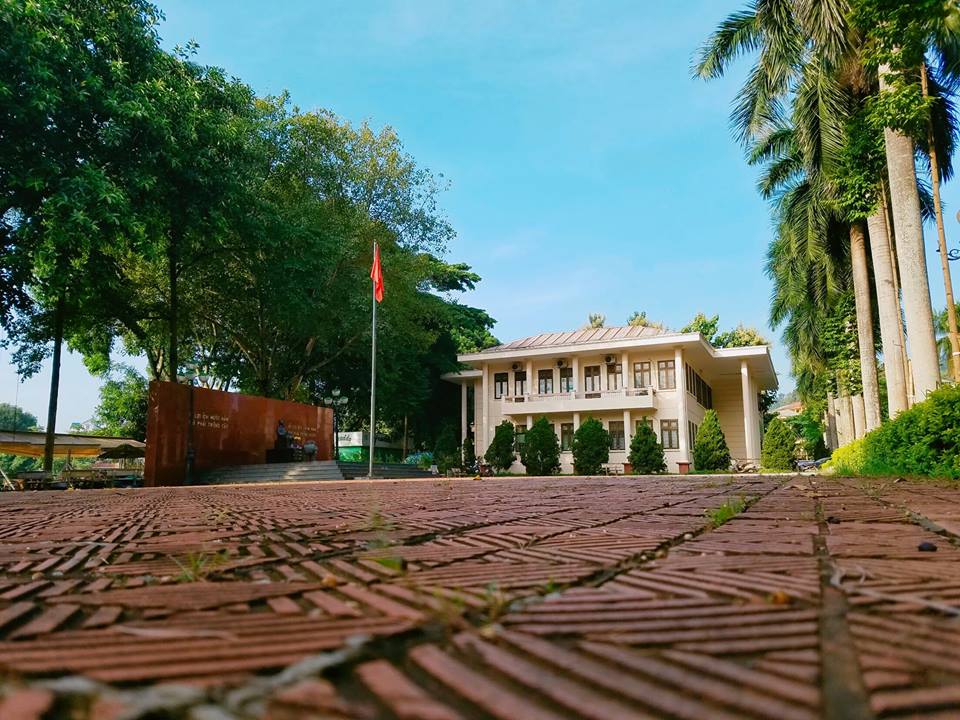
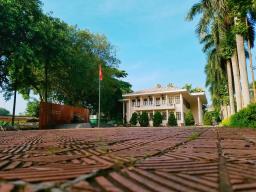
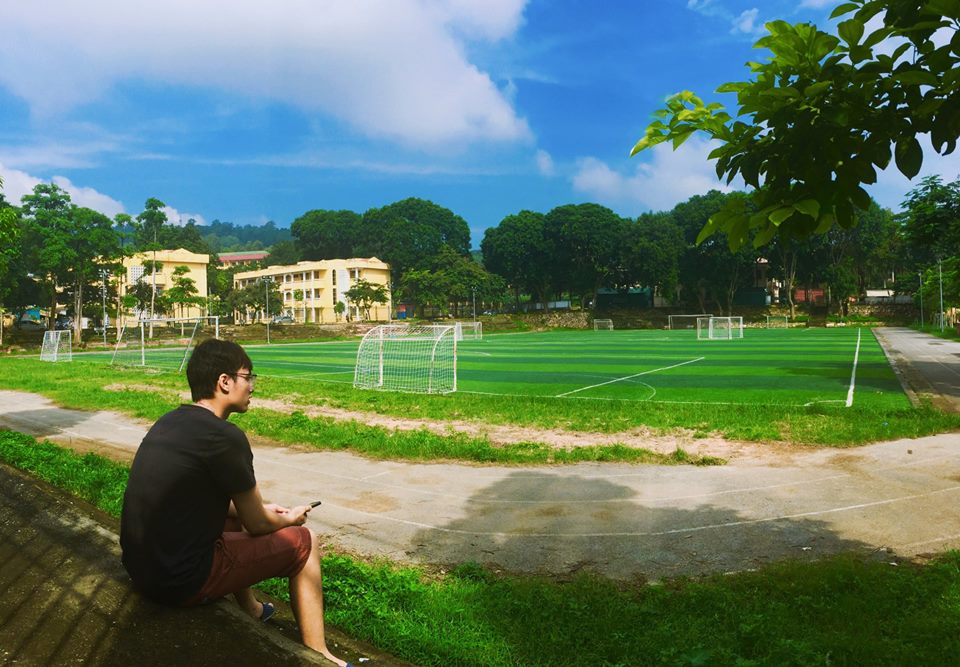
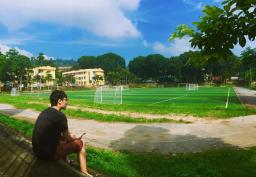
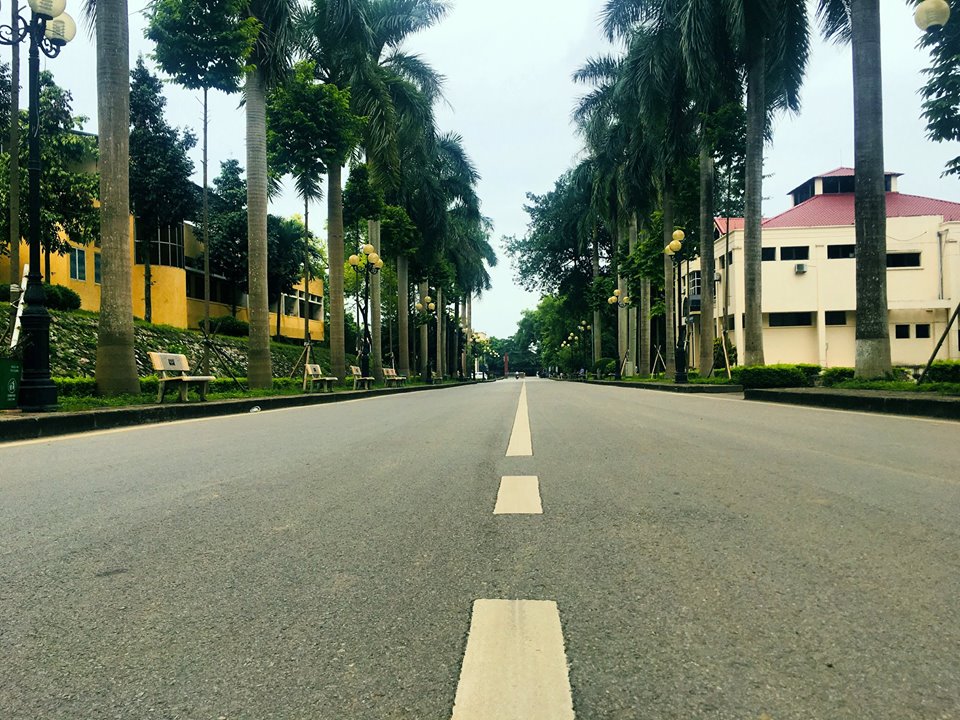
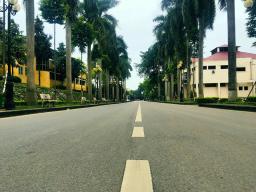




 Facebook
Facebook How to apply?
How to apply? International programs
International programs Scholarships
Scholarships